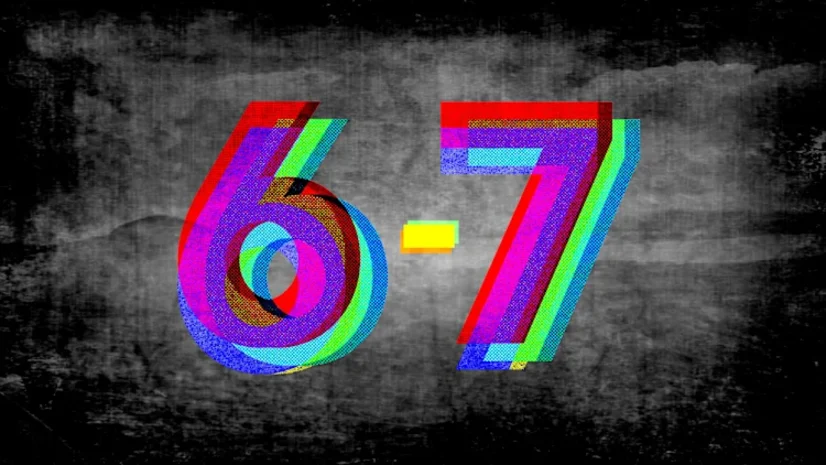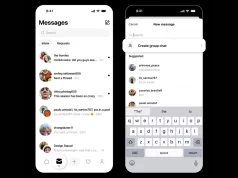The teaching profession demands patience—sometimes more than you think. Especially when students latch onto a new trend and decide to repeat it endlessly. The latest phrase to take over classrooms and test teachers’ limits? “6-7.”
If you’re blissfully unaware of what that means, you’re not alone. Many adults without Gen Alpha kids in their lives remain in the dark. But for those in education, the phrase has sparked enough frustration to fuel countless social media posts—and even a few school bans.
On TikTok, exasperated teachers have shared videos venting about the trend. One teacher joked, “Say ‘6-7’ one more time—we’re gonna call your mom in about 6-7 minutes and tell her how you’ve interrupted my class 6-7 times today. Maybe she’ll take your phone for 6-7 days.”
That kind of humor masks a real challenge: some educators are now avoiding saying those numbers entirely, whether reading from textbooks or solving math problems, just to keep the peace. Others, however, have decided to embrace the chaos. Some teachers are using “6-7” as part of classroom management or even weaving it into lessons as a way to connect with students.
Then there are those who’ve chosen a more mischievous route. “I pick 6 and 7 every time I need random numbers—it kills the joke and I think it’s hilarious,” a teacher wrote on Reddit’s r/Teachers forum. Another chimed in, “When a teacher joins the trend, it instantly becomes uncool.”
Like most of Generation Alpha’s slang, the “6-7” phenomenon traces back to TikTok, where it exploded with millions of videos before making its way into schools, sports interviews, and everyday lingo.
So what does “6-7” actually mean? For most parents, nothing but confusion. The phrase came from the late-2024 hip-hop track Doot Doot by artist Skrilla, where he raps about “6-7” in a line that quickly became meme material. The moment it went viral—thanks to a video of a kid shouting “6-7” courtside at a basketball game—it was destined to echo through school hallways.
Important note: it’s pronounced “six, seven,” not “sixty-seven” or “six to seven.” It’s usually paired with a hand motion suggesting someone weighing two options—palms up, alternating up and down.
The trend highlights a growing generational gap in slang comprehension. Google Trends reports that searches for “Gen Alpha translator” have skyrocketed 790% in the past year, making it the fastest-growing “translator” query. “6-7” itself ranks among the top searches for phrases like “how to use [slang]” and “why do middle schoolers say,” according to Jenny Lee, lead analyst at Google Trends.
The “6-7” moment might fade like every meme before it—but for now, it’s a perfect example of how quickly internet culture seeps into classrooms, one viral phrase at a time.










